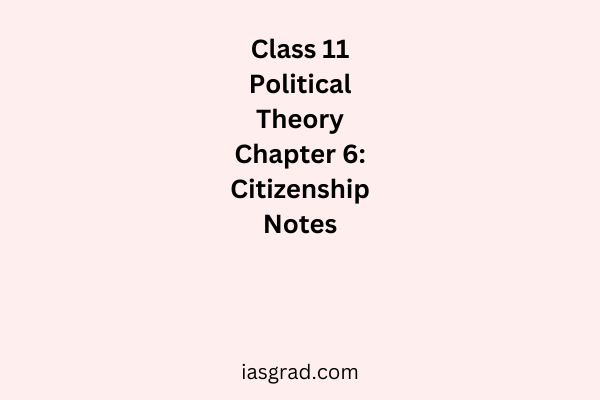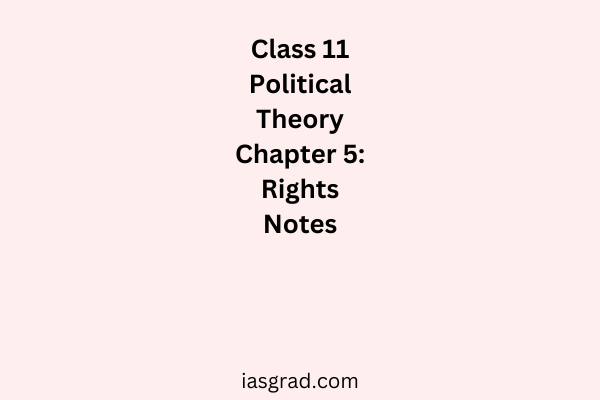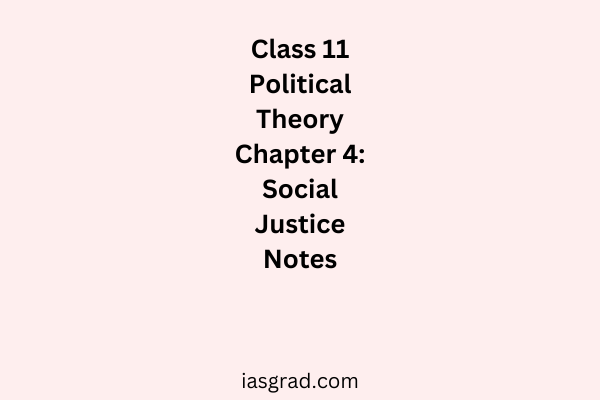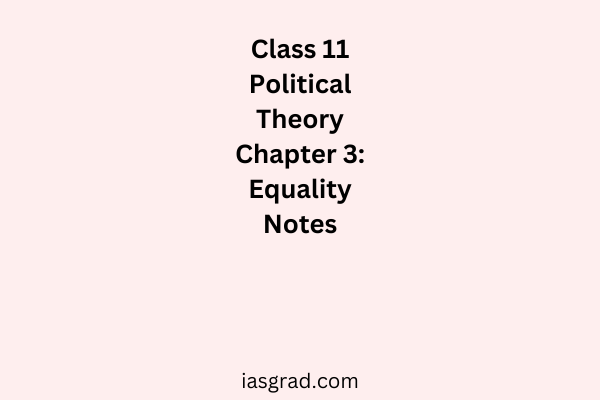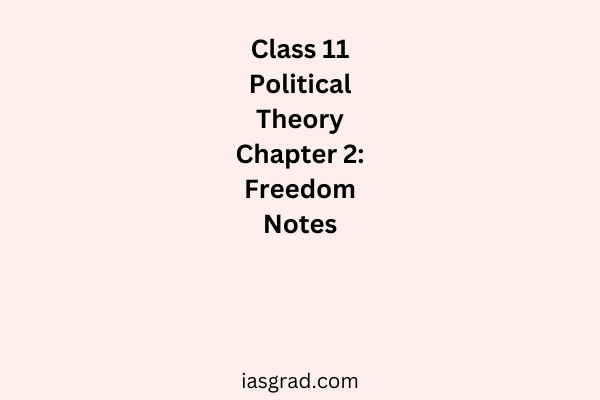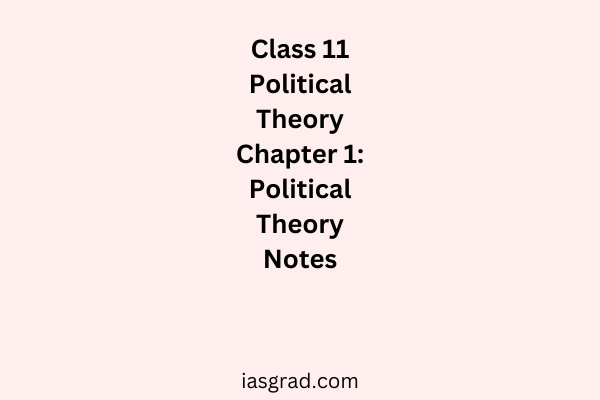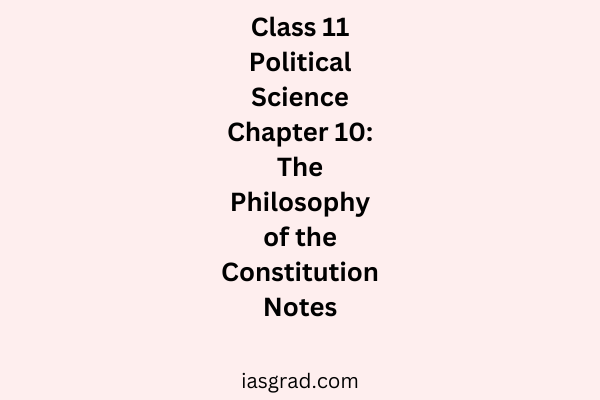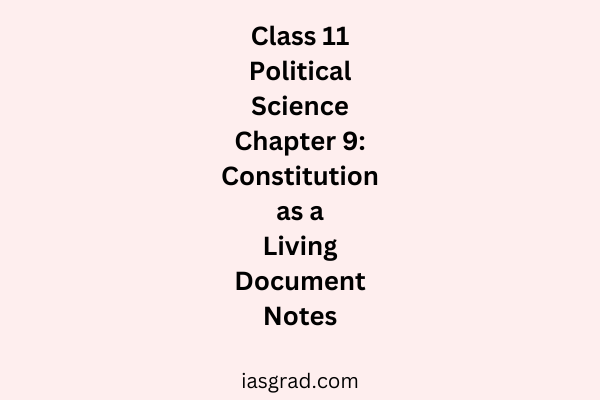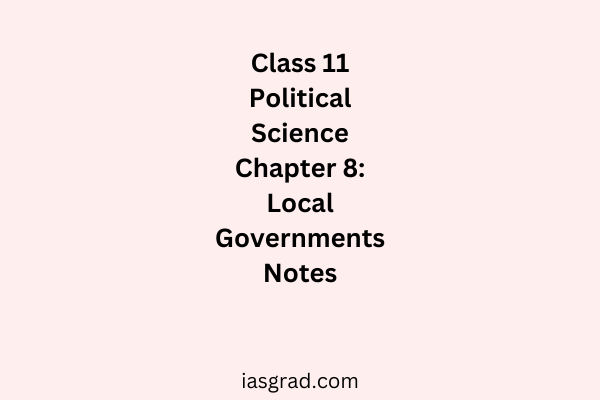Class 11 Political Theory Chapter 7: Nationalism Notes
Class 11 Political Theory Chapter 7: Nationalism Notes Nationalism is the idea of unity and identity among people based on shared history, culture, and aspirations. This chapter discusses types of nationalism (civic and ethnic), the role of nationalism in shaping modern states, and its impact on global conflicts. It also examines both the positive and […]
Class 11 Political Theory Chapter 7: Nationalism Notes Read More »

